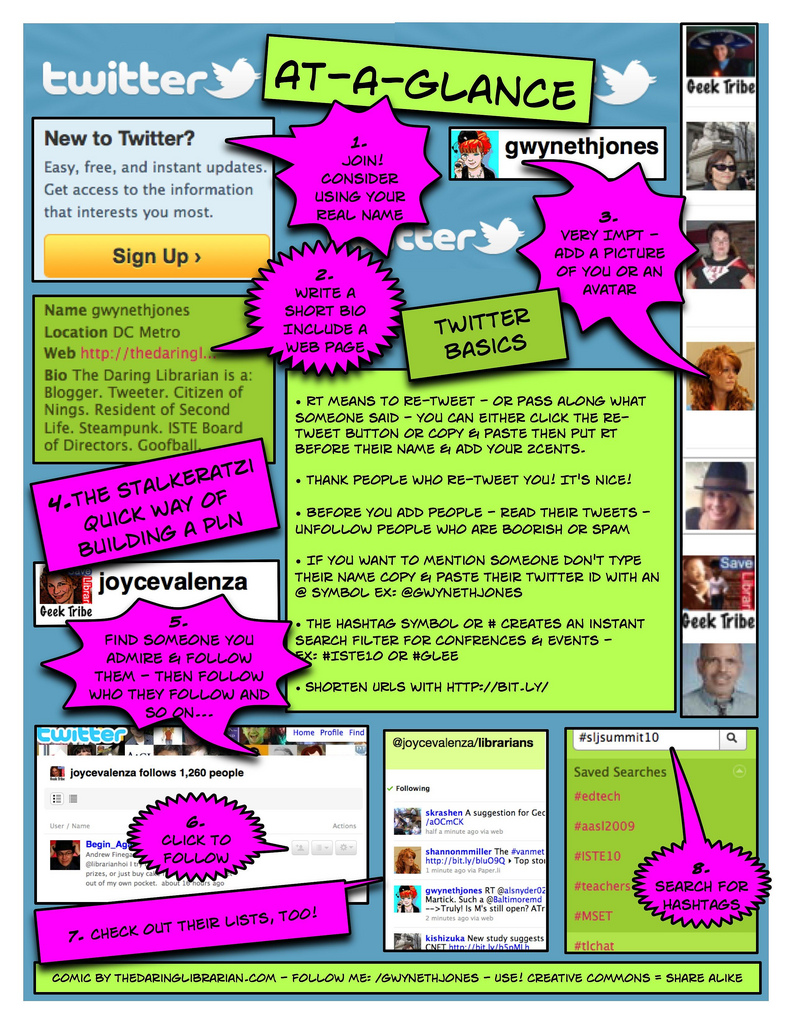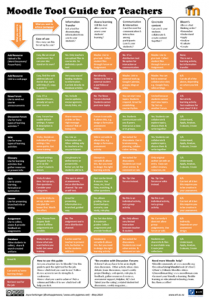(Reposted from the Technology for Communities blog)
Starting June 23rd for a couple of weeks, John Smith, Etienne Wenger and I will be part of a discussion about Digital Habitats on The Well’s Inkwell.Vue conference. Inkwell is a cool, public facing bit of the well (the rest is paid membership) that gives folks a chance to have an asynchronous conversation with book authors from or associated with the Well. We invite you to join into the conversation.
For those not familiar with the Well, it is one of the original and most enduring online communities. (I host the Virtual Communities conference there with Jon Lebkowsky!)
Inkwell is a great example of a “public facing space” for a private communities which is reflected in Digital Habitats chapter six as the “context” orientation. It gives outsiders a taste of the Well, which may invite them in, and it gives the Well a way to add value out to the world. Plus a few Well member volunteers get free review copies and encouragement to help stimulate the conversation, along with one or two designated conversation hosts. There have been some amazing conversations in Inkwell over the years, and it is now a Well tradition.
In preparation for the two weeks, the three of us thought it might be fun to record a short conversation to introduce ourselves. This is not what usually happens on Inkwell.vue, so we’ll see how it goes.
Some of the questions we raised and which might be fodder for the Inkwell conversation include:
- Do you recognize yourself as a technology steward?
- And if you recognize yourself in the role, does it make a difference in practice? Are there consequences in terms of relationships, labels, or intentions that change as a result?
- In your community do you see the tech steward role as more individual or more distributed across community members? What are the consequences?
- What can we learn from long-lived communities like The Well?
- How do technology stewardship practices vary across different socialcontexts?

